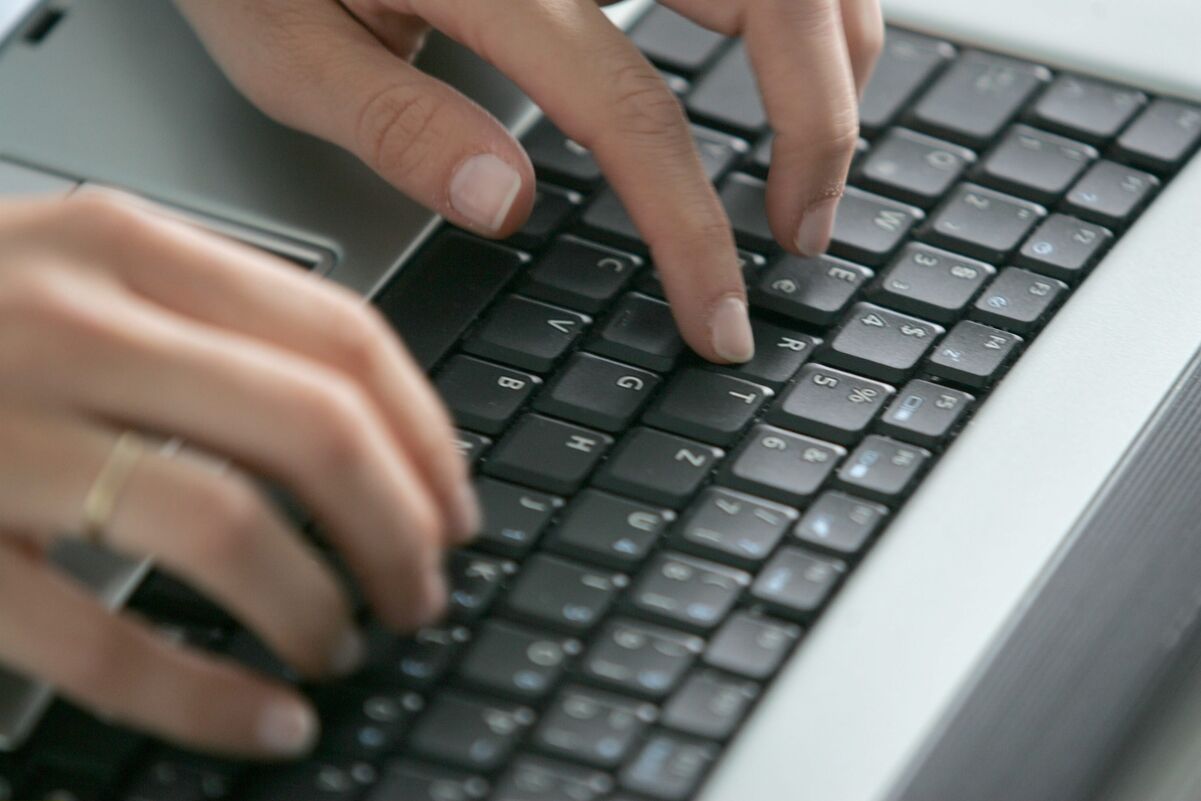I realized I was gay after a close friend of mine came out as bisexual. I was 19, and things in my life made sense for the first time because I recognized that I wasn’t straight either.
The way I used to sneak looks at girls, admiring their hair and smiles under the guise of comparing myself to them. The dozens of pictures I plastered on my walls of gorgeous actresses and singers. The way my Barbies used to date each other while Ken slept in the toy box before I even knew what a lesbian was. The clues had always been there, but my mind refused to put them together until someone close to me came out.
Dating girls in college wasn’t easy in the way dating is never easy, but it wasn’t that hard either. All I had to do was join my school’s LGBTQ+ club or go to a local bar’s gay night and I’d be able to meet lesbian, bisexual, pansexual, and queer (LBPQ) girls.
Armed with an OkCupid account, I was fortunate to have several flirtations, the occasional date, and a short-lived girlfriend or two before I graduated.
Then I moved home.
__
I come from a small town in Northwest Ohio that was hit hard when factories began to either close or relocate to places exploitive labor could manufacture cheaper goods. Welfare was common, my family was on it most my life, and so was unemployment. Decades later, buildings still sit empty, including a former knife company my great grandpa used to work in.
It took me a while to recover from a depressive episode after I moved back home, and even longer to feel up to dating again, but eventually, I logged back into OkCupid and changed my location settings.
Patiently, and then impatiently, I waited, expecting the same moderate dating success I had in college. It didn’t happen.
There were an overwhelming number of trolls, many of whom I’m pretty sure were straight guys pretending to be women, and people asking for threesomes. Someone I vaguely knew from when I played softball contacted me at one point. We talked for a few weeks before she revealed that she and her boyfriend were looking for a third. When I politely declined, stating I was a lesbian, she got angry and threatened to out me.
I also had to put up with a lot of ableism. Some of it wasn’t so bad, like getting ghosted after mentioning my chronic illness. Some of it, though, was downright cruel, like when a woman called me a few choice words, told me she could never date someone like me, and berated me for wasting her time.
Thankfully, not everyone was a creep or manipulative; I became good friends with a few people. Though, overall, it was a disheartening experience.
Distance was a big factor for me. I kept my search parameters set to only about 20 miles. Unable to have a license for medical reasons, I felt bad about forcing someone to have to do all the driving. Growing up poor and having to rely on others for so much left me with a guilt complex. A decade out of high school and I’m still working it.
–
I moved in with relatives after being home a few months, hoping that the larger town would give me more opportunities to meet people. It did. I dated a girl for a while and made friends with her friends, but lost them all when we broke up after a few months. I think losing that community hurt more than the breakup because I was back to the stagnant loneliness.
I found myself really missing school. There was no LGBTQ club to attend on Tuesday nights, and the closest gay bar was about 40 minutes away.
Reasonably close, but for someone unable to drive, it may as well have been in France. I missed hanging out with like-minded people, binging on crappy lesbian movies, and talking about femslash fan fiction.
The need to hide my sexuality all the time was very isolating. I assumed everyone I met and every old classmate I ran into would reject me. I couldn’t get past the memories of being called a dyke in middle school, long before I knew I liked women, and the way I vehemently denied it.
It wasn’t until I learned to relax, to lighten up and treat myself with kindness, that I began to enjoy my life. Though my health issues were a continued source of frustration, I had a job I enjoyed with great people. I started making friends and started to write again. I got a girlfriend and had a healthy, sincere relationship for the first time.
Small towns have a bad reputation among the LGBTQ community, often a deserving one, but I don’t think I would have been able to grow into the person I am today if I’d lived in a big city. No one should have to put up with homophobia and adversity in any capacity, but after publicly coming out, I’ve found people in my area to be more accepting and loving than I could have imagined.
Thanks to my girlfriend, I’m now involved in organizations focused on the betterment of our community. I’m following local politics closely and invested in the outcome. This area that I used to hate is where my girlfriend and I are building our lives together and for the first time, I couldn’t be happier about it.
Don't forget to share:
Help make sure LGBTQ+ stories are being told...
We can't rely on mainstream media to tell our stories. That's why we don't lock our articles behind a paywall. Will you support our mission with a contribution today?
Cancel anytime · Proudly LGBTQ+ owned and operated
Read More in Culture
The Latest on INTO
Subscribe to get a twice-weekly dose of queer news, updates, and insights from the INTO team.
in Your Inbox













